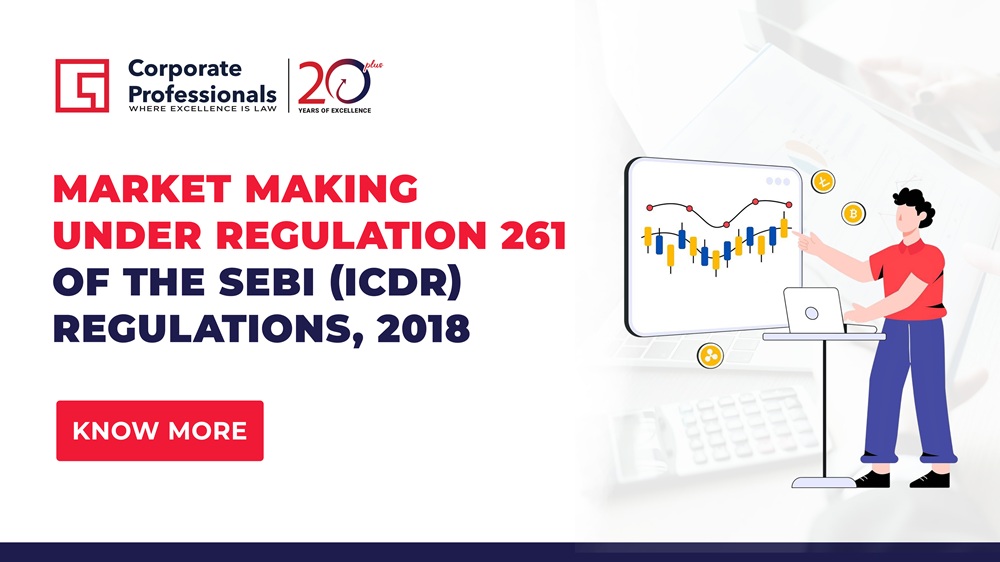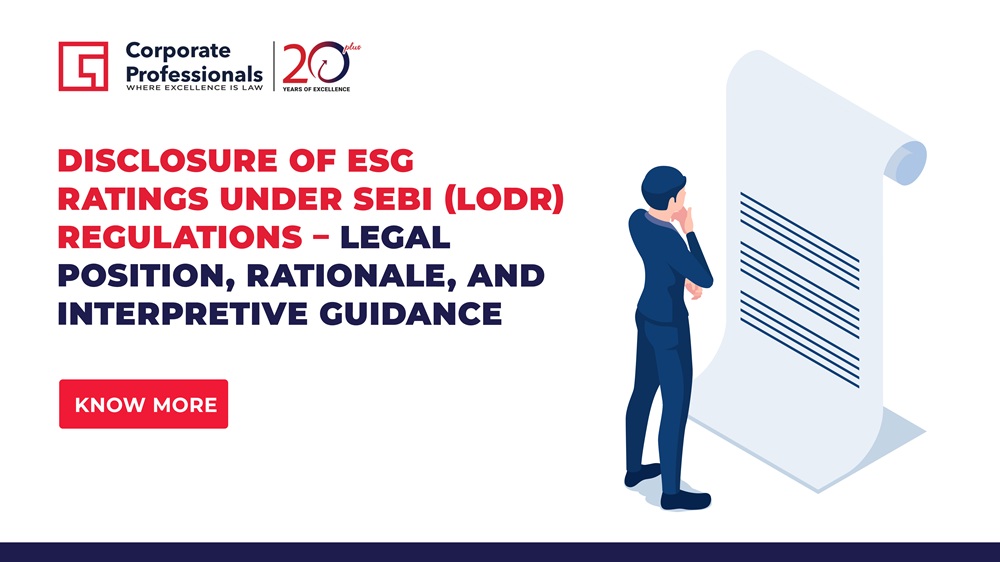Regulatory
Regulatory valuations are conducted to comply with various regulations such as IBC, RBI, SEBI, Companies Act, Income Tax, and more. This type of valuation includes IBC valuation, RBI FDI and ODI valuation, SEBI valuation, companies act valuation, income tax valuation, convertible instrument valuation, and ESOP & Sweat Equity Valuation.

Services
01
Companies Act, 2013
The Companies Act, 2013 is a significant piece of legislation in India that regulates companies and their operations. It replaced the Companies Act, 1956, and introduced several reforms and changes to modernize and streamline company law in India. The Companies Act, 2013, addresses various aspects of company governance, management, compliance, and corporate social responsibility.
At Corporate Valuations, we pride ourselves on our comprehensive capabilities to meet and exceed the regulatory valuation requirements mandated by the Companies Act, 2013. Our highly skilled and proficient team is well-prepared to offer in-depth expert insights and robustly substantiate the integrity of our valuation assessments. In the complex landscape of corporate finance, numerous pivotal scenarios arise that necessitate a valuation report from a Registered Valuer. These scenarios include:
- 1. Preferential Allotment: The issuance of convertible instruments, which includes securities like convertible preference shares as per Section 62(1)(c ). Preferential allotment of shares, a significant event when companies allocate shares to specific investors or stakeholders at a predetermined price as per Section 62(1)(c ).
- 2. Sweat Equity: The issuance of sweat equity shares, often granted to employees or directors as a reward or incentive for their contribution to the company as per Section 54(1)(d)
- 3. Mergers&De-mergers: Corporate mergers and demergers, which involve the consolidation or separation of companies, requiring accurate valuations of assets and shares as per Section 232-236
- 4. Swap Ratio: The critical process of determining swap ratios in mergers and demergers, a complex valuation aspect that plays a central role in these transactions as per Section 230
As a 6th IBBI Registered Valuer, we have honed our expertise to navigate these multifaceted valuation scenarios with precision and proficiency. Our commitment to excellence and adherence to regulatory standards make us your trusted partner for all your valuation needs.
02
Income Tax Valuation
The Income Tax Act, 1961 is the primary legislation in India that governs the taxation of income. It provides the legal framework for the levy, collection, and administration of income tax in India. The act is periodically updated through amendments to accommodate changes in tax laws, rates, and regulations.
As a Category-I Merchant Banker registered with SEBI, Corporate Valuations possesses the expertise and credentials to conduct valuations that are governed by the Income Tax Act, 1961. These valuations encompass a range of crucial tax-related assessments, including:
- 1) Evaluating ESOP Tax Perquisites under Section 17(2)(iv).
- 2) Appraising the issuance of shares in accordance with Rule 11UA.
- 3) Conducting valuations for share transfers as stipulated by Section 50CA.
- 4) Handling valuations for Slump Sale transactions under Section 50B.
- 5) Determining Arm’s Length Prices for the purposes of Transfer Pricing.
Our comprehensive capabilities and regulatory compliance make us well-suited to address diverse valuation requirements with precision and in full compliance with tax regulations.”
03
SEBI Valuation
SEBI, the Securities and Exchange Board of India, is the regulatory body for the securities and commodities market in India. SEBI regulations refer to the rules and guidelines established by SEBI to govern various aspects of the securities market, protect the interests of investors, and ensure the integrity and transparency of the marke
In its capacity as a SEBI Registered Category-I Merchant Banker, Corporate Valuations possesses the expertise and capabilities to conduct valuations for listed entities trading on recognized stock exchanges in India, including BSE, NSE, and MCX. Our services encompass a wide spectrum of valuation needs, such as:
- 1) Assessing the valuation for the issuance of shares under regulations 164 to 166
- 2) Handling valuations for the delisting of shares under Regulation 33
- 3) Conducting valuations for company amalgamations as per the master circular of SEBI
- 4) Managing valuations for open offers under regulation 8 of Substantial Acquisition of Shares and Takeovers Regulations, 2011
Our deep knowledge and regulatory compliance ensure that we can meet the diverse valuation requirements of listed entities on SEBI-regulated exchanges.
04
FDI/ODI Act Valuation
FEMA valuation refers to the valuation of assets, investments, or transactions in the context of the Foreign Exchange Management Act (FEMA) in India. FEMA is a law that regulates foreign exchange and foreign investments in India. It is primarily aimed at promoting and facilitating external trade and payments and for promoting the orderly development and maintenance of foreign exchange markets in India.
Under FEMA, various transactions and investments involving foreign exchange or foreign assets are subject to regulation, and the valuation of these assets or transactions is essential for compliance and reporting purposes. ”
05
IBC Valuation
“The IBC, or Insolvency and Bankruptcy Code, 2016, is a landmark piece of legislation in India that was enacted to address and streamline the process of insolvency and bankruptcy for individuals, companies, and partnership firms. The IBC aims to provide a time-bound and efficient framework for the resolution of insolvency cases, promoting ease of doing business, and enhancing the credit environment in the country.
According to Regulation 27 of IBBI (INSOLVENCY RESOLUTION PROCESS FOR CORPORATE PERSONS) Regulation, 2016, the process of valuing a corporate entity during insolvency involves the appointment of two registered valuers by the resolution professional. These valuers are tasked with determining the fair value and liquidation value, following internationally recognized valuation standards. Their assessments are carried out after conducting physical inspections of the corporate debtor’s inventory and assets.
In this context, Corporate Professionals stands out as the 6th IBBI Registered Valuer entity, a distinct and noteworthy qualification. This distinction allows Corporate Professionals to provide accurate and reliable fair valuations for companies undergoing the complex and critical liquidation process, ensuring a transparent and equitable evaluation of their worth.”






